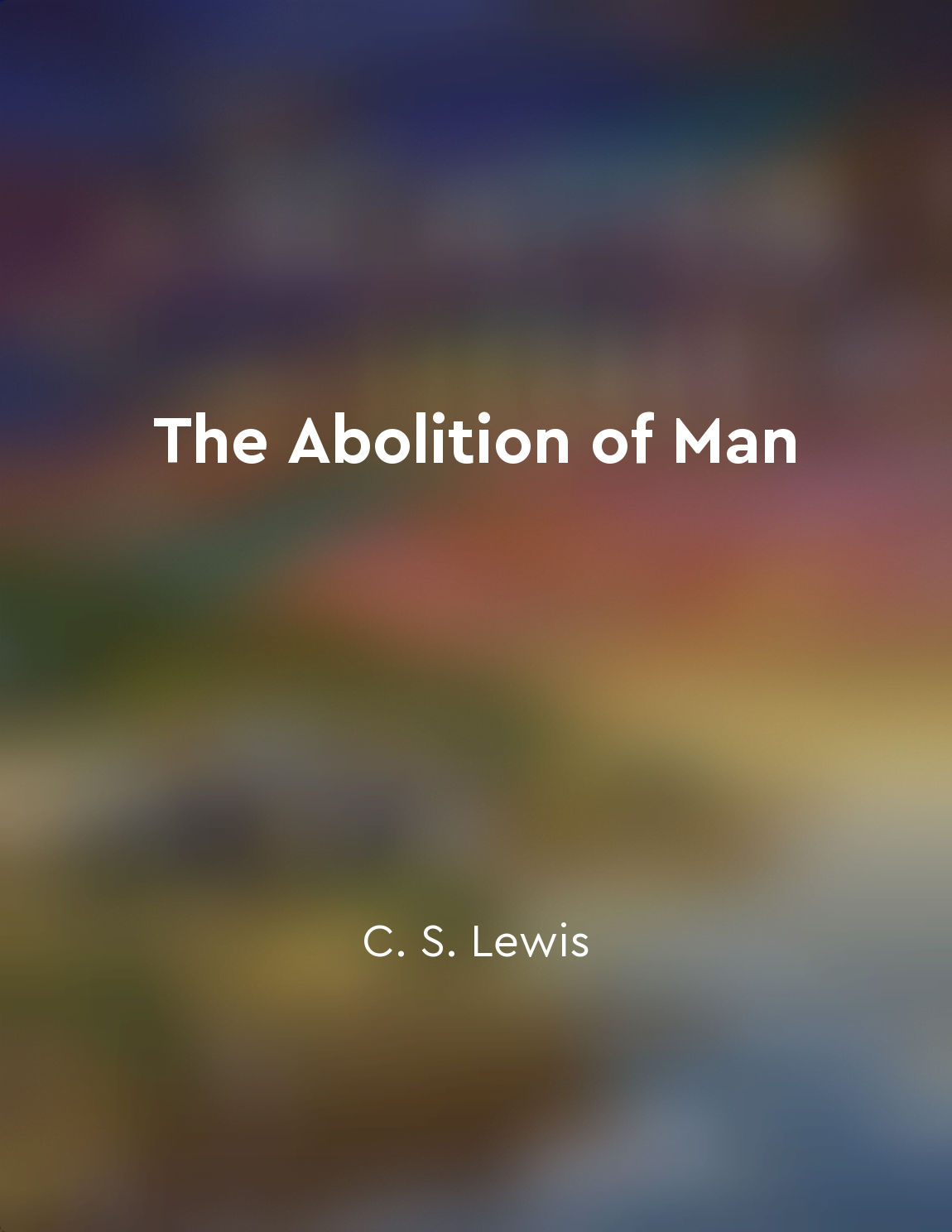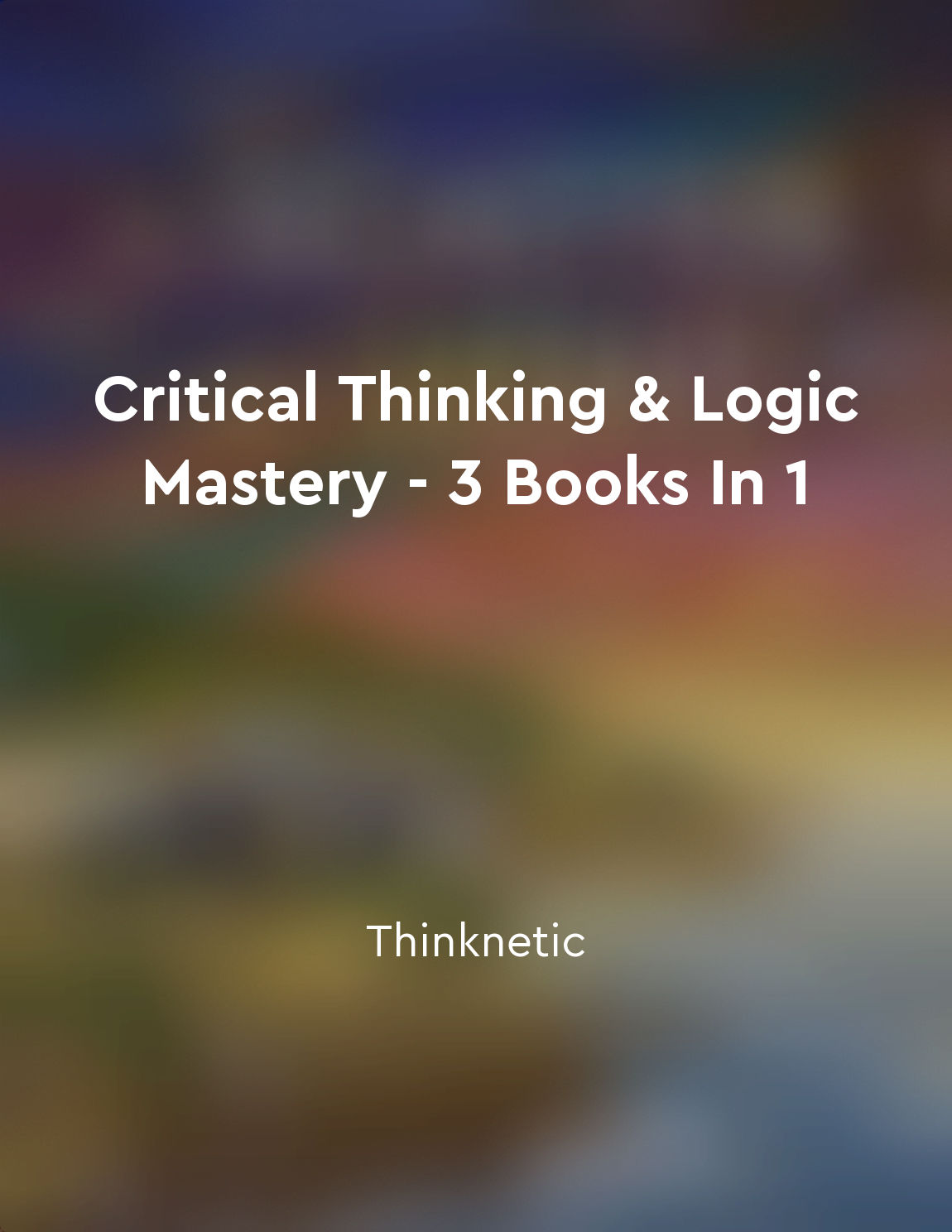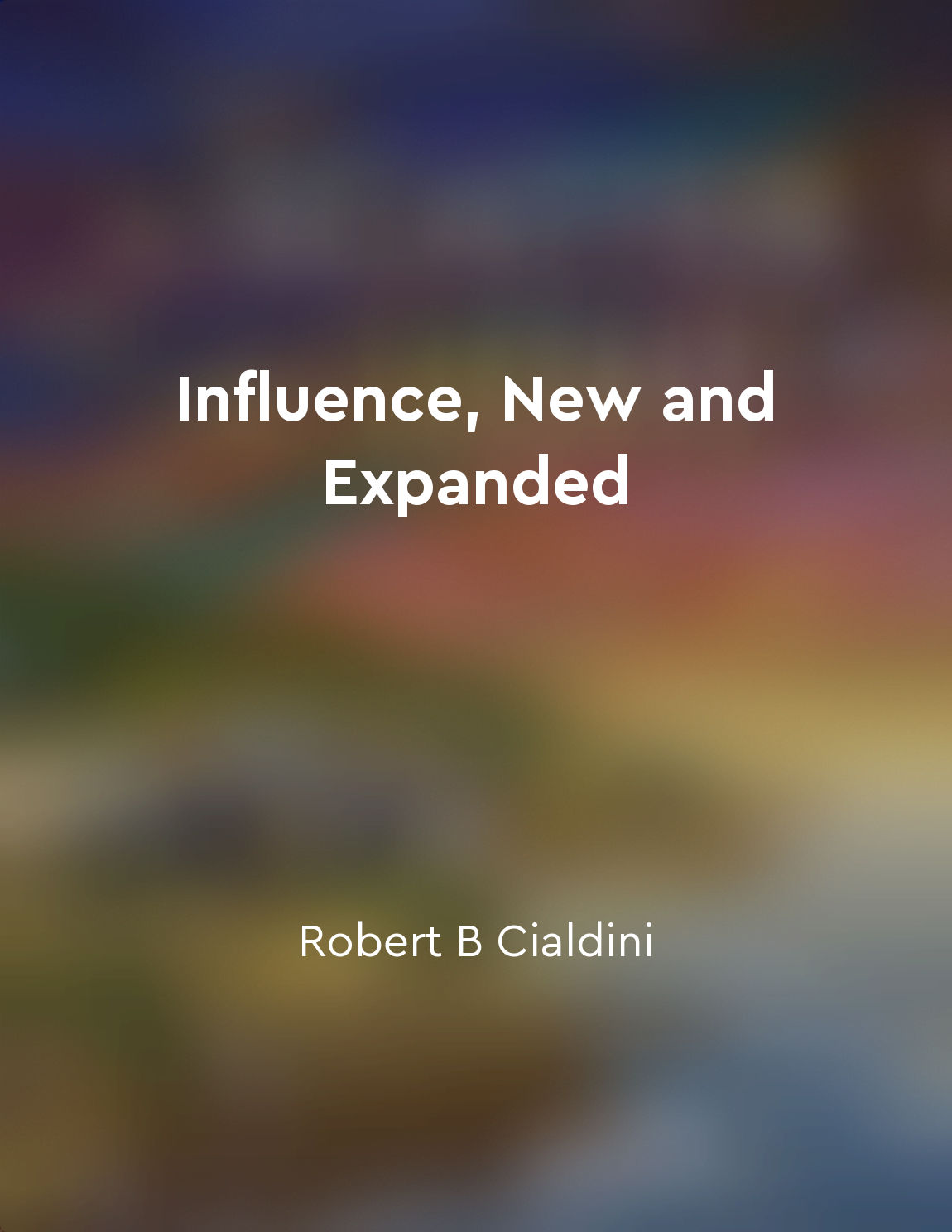Reason is the servant of the emotions from "summary" of The Righteous Mind by Jonathan Haidt
In moral psychology, the relationship between reason and emotions is a complex one. Many people believe that reason is in charge, that it is the captain of the ship and that it directs our actions. However, this is not the case. Emotions are the driving force behind our moral judgments and decisions. Our emotions guide us in making moral judgments, and reason comes in afterwards to justify those judgments. We experience a gut feeling about a situation, and then we use reason to come up with arguments to support that feeling. This is the opposite of what many of us believe to be true - that reason comes first and emotions follow. We are often swayed by our emotions without even realizing it. Our emotions color our perceptions and influence the way we interpret information. We are quick to judge others based on our emotional reactions, and then we use reason to rationalize those judgments. Our moral intuitions are deeply ingrained in us, shaped by evolution and culture. These intuitions are like a gut reaction that guides us in making decisions. Reason is like a servant that helps us make sense of those decisions after the fact. When we think we are being rational, we are often just using reason to justify our emotional reactions. We are not as in control of our reasoning processes as we might think. Emotions are powerful drivers of our behavior, and reason is just along for the ride. In order to truly understand human behavior, we must recognize the powerful role that emotions play in shaping our moral judgments. We must acknowledge that reason is not always in charge, that it is often just a servant to our emotions. By accepting this truth, we can gain a deeper understanding of ourselves and others.Similar Posts
Concepts must be consistent and coherent
In order for concepts to be of any use in the realm of metaphysics, they must possess certain essential qualities. One such qua...

The importance of objective values in shaping society
In the modern world, there is a disturbing trend towards subjectivism, where individuals are encouraged to believe that values ...

Recognizing logical inconsistencies is a key skill
It is crucial to be able to identify logical inconsistencies when engaging in critical thinking. This skill allows individuals ...

The legacy of slavery
The long shadow of slavery hangs over the African American experience like a dark cloud, casting a pall over every aspect of li...
The moral ecosystem consists of varied beliefs
The moral ecosystem is like a vast jungle, filled with diverse beliefs and values that shape the way individuals perceive the w...
Resilience is key in navigating power struggles
Resilience plays a crucial role in navigating power struggles. When faced with challenges and conflicts within a power dynamic,...

Incorporate visualization for mental rehearsal
A powerful technique for enhancing your skills and boosting your confidence is to create vivid mental images of yourself perfor...

Conditioning affects behavior
One of the most powerful factors that influence behavior is conditioning. Conditioning refers to the process by which individua...
Creating a sense of urgency can motivate action
The idea that creating a sense of urgency can drive people to take action is a powerful concept in the realm of persuasion. Urg...
The role of irony in society
Irony is a strange thing. It's a form of expression that suggests a double meaning, where words or actions convey an opposite o...
